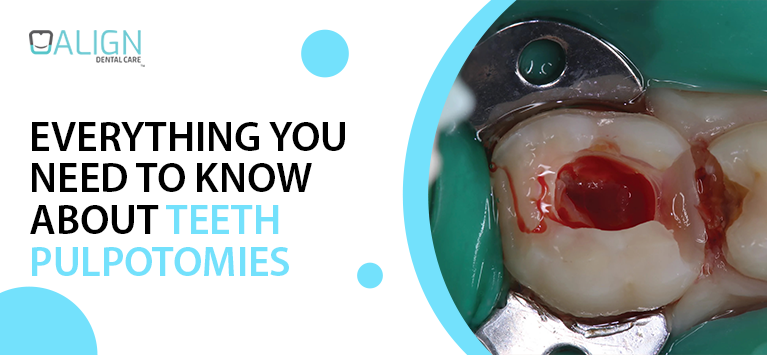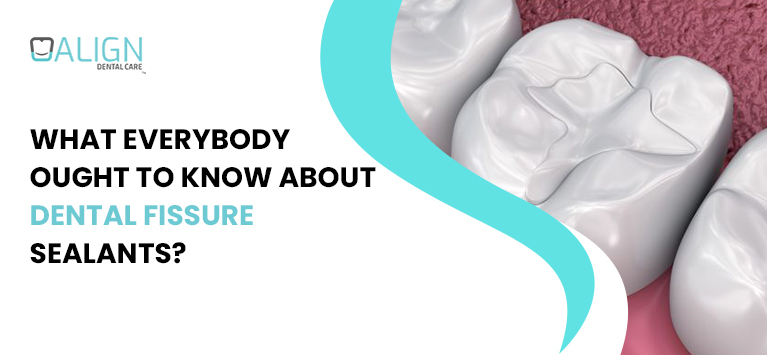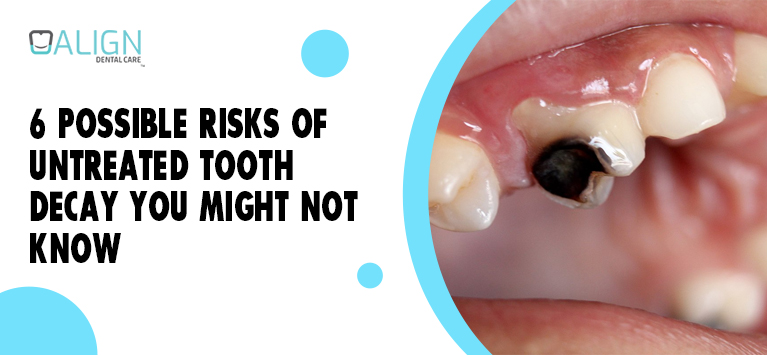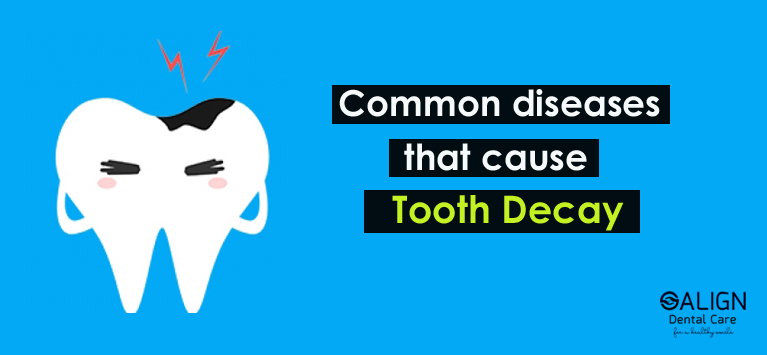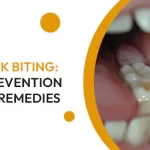Cavity is the most common dental problem that affects many people. According to the National Oral Health Survey of India, 69.3 percent of people suffer from tooth cavities (in the 35–44 age group). It can form anywhere on the teeth.
Many people do not know the difference between gum line cavities and other types of cavities.
This blog will explain to you in detail what gum line cavities are, what causes them, and how to treat them.
What is gum line cavity?
A gum-line cavity is one of the common dental conditions that affect the space between the gums and the teeth. Usually, this occurs if the root of a tooth gets exposed as a result of receding gum tissue, leaving them vulnerable to tooth decay or severe toothache. It is caused by pressure on these sensitive places.
In some cases, the gum line might develop cavities that reach the crown and the root.
However, a more extensive treatment might be required to prevent the cavity from growing larger.
(more…)






